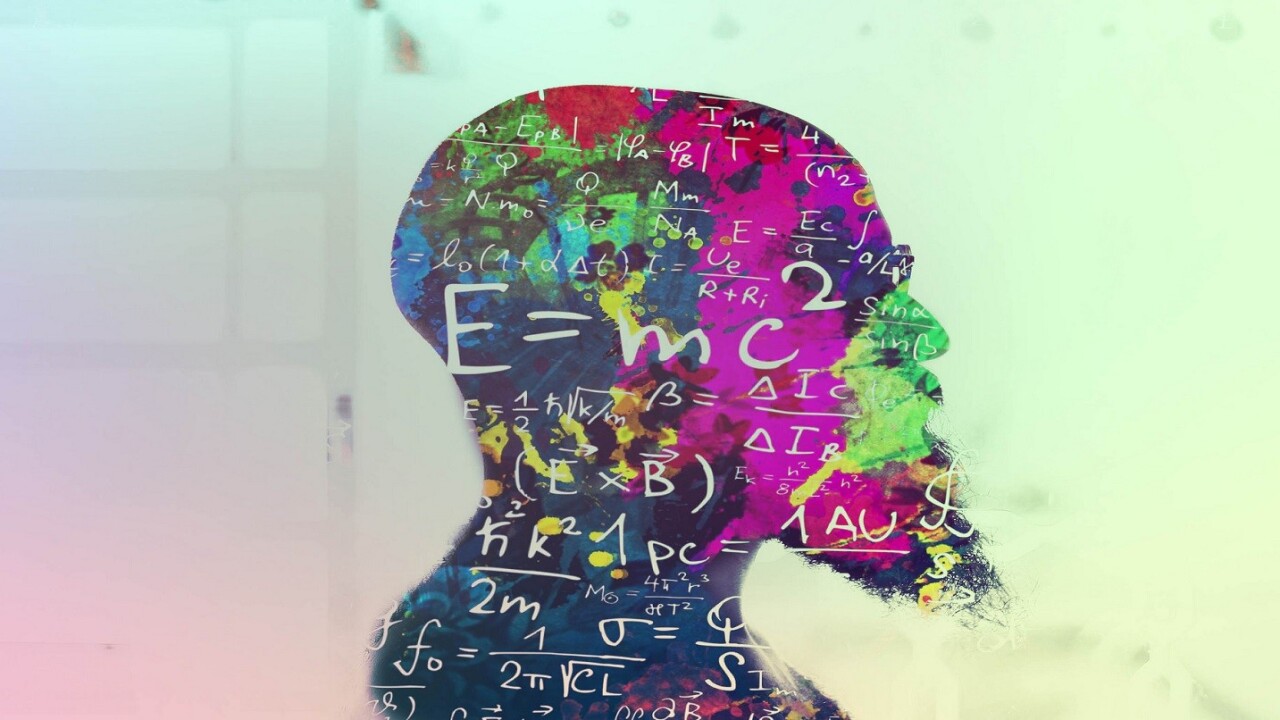
Scientists in China have taken the next step in creating an internet that can’t be hacked or compromised. The future of data transfer is called quantum networking and it relies on a complex concept that takes the ‘signal’ out of sending data. Hackers can’t intercept or steal data that never travels, so there’s no signal — the source and destination, in quantum networking, are one in the same.
With the new quantum internet, instead of sending information, you’ll create pairs of photons that mirror one another. This is called quantum entanglement. You’ll keep one of the photons, send someone else the other entangled photon, and then anything you do to your photon instantly happens to the other person’s photon.
Painting a smiley face on your photon (which isn’t possible, but helpful in imagining the concept) would result in a smiley face appearing on the other photon — no matter where it was.
The idea is so complex that, despite the fact we’re using it, nobody quite understands it.
Scientists used a fiber-optic cable to send the photons in previous experiments. This approach was revolutionary, but limited. The largest problem with the fiber optics method is that it has a range of around 100 miles. Photons travel through fiber optic cables by bouncing back and forth — this process causes the signal to degrade as it gets further from the source.
The relatively short distance makes the tech promising for city-wide use, but unrealistic for global implementation.
In space there are no limits
Professor Jian-Wei Pan of Hefei University and his team came up with a method of using quantum entanglement that relies on the cold black vacuum of space to overcome the terrestrial problems with quantum networking. The satellite Micius was launched last year to conduct these experiments in quantum networking and the results have not only been positive — they’ve shattered previous distance records for the technology.
Photons don’t lose signal strength when they are transmitted through space and atmosphere. This is how Pan’s work has advanced the technology far beyond what was previously possible. The Chinese team created entangled photons aboard the spaceship by passing lasers through special crystal optics, they then beamed some of those particles down to earth.
The satellite was over 300 miles above the earth when it beamed the signal to two different ground-side locations, 750 miles apart from one another, where it was confirmed by both that the photons remained entangled. Theoretically, this process could be repeated over any distance — we could communicate with explorers on the other side of the universe instantaneously using quantum entanglement.
What does this mean? Nobody seems quite sure yet. Pan and his team have taken something that happens, even though we aren’t sure why, and started trying to find applications for it. To put this into perspective: sailors once navigated by the bright lights in the night sky in a time where the idea that stars were distant suns would have been preposterous to most.
It bears mention that quantum entanglement isn’t hack-able because it eliminates the ability for someone to intercept any data being transferred. It does not protect files that are stored on any system that can still be accessed non-physically. If you’re on the internet, connected to Wi-Fi, or otherwise ‘online’ — chances are you’re vulnerable. The important part here is that this technology protects data at its most vulnerable: when it is being transferred. Quantum networking doesn’t speed the car up, it removes the needs for roads entirely; it does not, however, protect your car from being stolen from your garage.
Ready or not here it comes
This is probably going to change our lives. The world will become a different place when we don’t have to worry about criminals hacking our banks, schools, military, or elections. The current internet, even in its original innocent form, has never been secure. Private quantum networks will be the future of communications and they are inherently secure.
It’s unclear whether we’ll be able to uncover exactly why quantum entanglement occurs, we just know how to make it happen. There’s no proven math to explain why two particles, separated by distance, are the exact same even if one of them is acted upon by a force that isn’t also acting on the other one.
Don’t worry if all of this quantum stuff sounds confusing and a little scary. Even Albert Einstein didn’t understand it completely, to the extent he called it “spooky action at a distance.”
Previously we’ve operated under the assumption that all matter reacts to its immediate surroundings, quantum entanglement turns that idea on it’s head. What we do know is that the quantum network is a reality and this is just the beginning.
Goodbye hackers!
Update 8/10: China appears to have successfully sent the very first unbreakable code from the satellite Micius to ground stations, The Hacker News reported yesterday, laying the basis for the next generation of encryption based on quantum cryptography.
Get the TNW newsletter
Get the most important tech news in your inbox each week.





